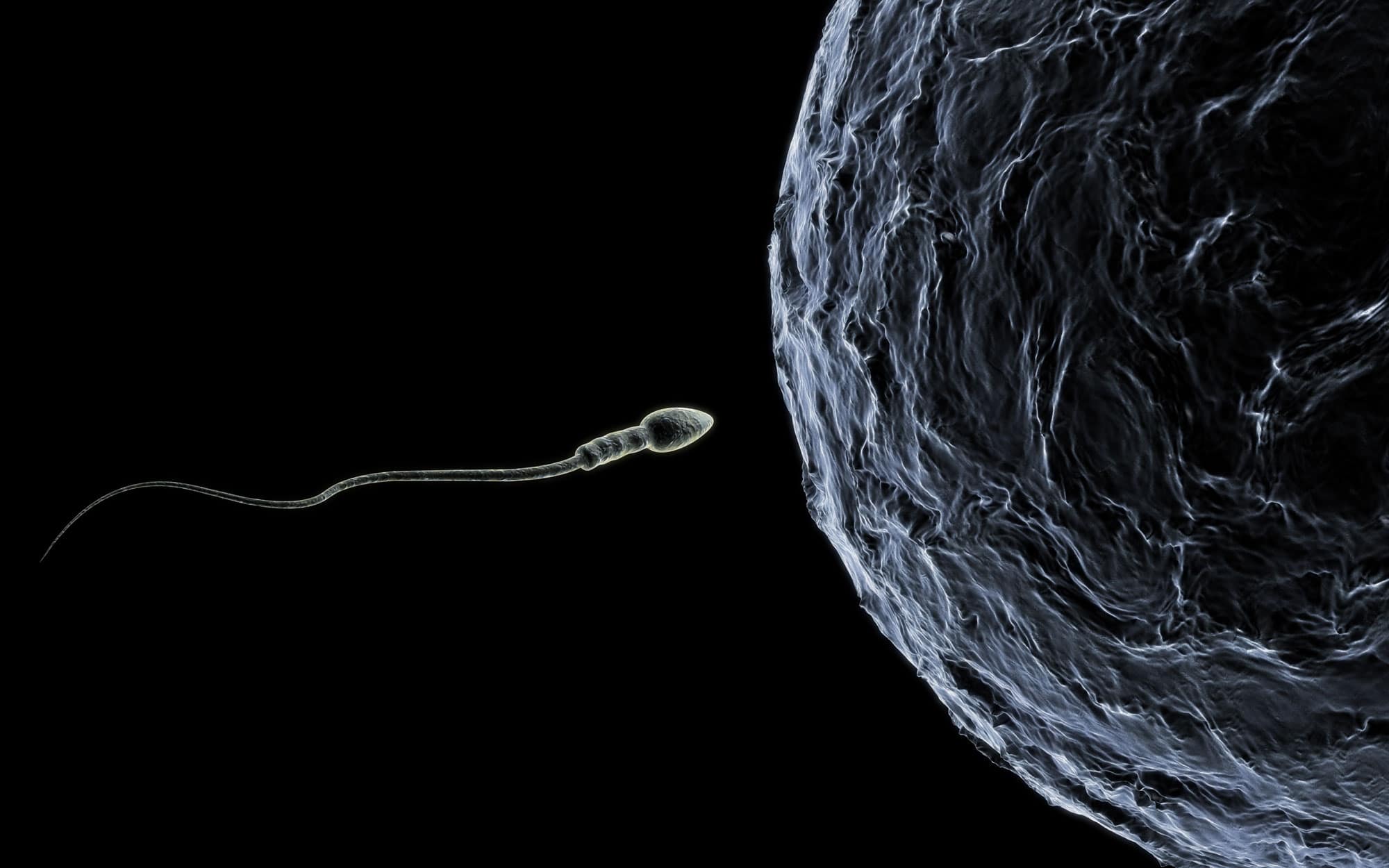Ovulation induction is a fertility treatment used to control the timing of the development and release of eggs from your ovaries.
For a pregnancy to happen, your egg needs to be available for fertilisation by sperm. The release of an egg from your ovaries happens once a month during a normal cycle, but some women with menstrual disorders may ovulate infrequently, irregularly, or not at all. Even if you do have regular menstrual periods, it can still be difficult to pinpoint your fertile window for intercourse.
At our fertility clinic in Hurstville, we make every effort to maximise your chances of natural conception through changes such as diet, weight management, and avoiding environmental toxins. If this is not successful at achieving a pregnancy, we then discuss your fertility treatment options based on your and your partner’s reproductive health.
Ovulation induction may be the best fertility treatment for you if:
We are not likely to recommend ovulation induction if your male partner’s sperm has significant abnormalities or if you are affected by severe endometriosis or fallopian tube damage. If ovulation induction is not suitable for you, we can recommend other fertility treatments.

Our first consultation involves thorough fertility testing for you and your partner if you are conceiving as a couple. During these preliminary tests, we also monitor your ovulation cycle through blood tests and ultrasound scans.
We use hormone medications administered either by injection or oral tablets, to encourage your ovaries to develop multiple egg-containing follicles. Your body will then naturally release an egg (ovulate), or, if this doesn’t happen, we use a hormone trigger injection to prompt ovulation. Blood tests and ultrasounds allow us to watch this process closely, so we can get the timing right.
If your treatment plan involves using using ovulation induction as part of timed intercourse, it is important for you and your partner to have intercourse 1 to 2 days prior to treatment, and/or the male partner ejaculate 1 to 2 days prior to treatment day to maximise the most healthy sperm used in the treatment.
Yes, ovulation induction medications can increase your chances of conceiving twins or multiples by stimulating multiple eggs to mature simultaneously. While this raises the pregnancy success rate, multiple pregnancies do carry higher risks for both you and your babies. Your response will be carefully monitored through blood tests and ultrasounds to track follicle development throughout your cycle. If too many follicles mature, they may recommend skipping intercourse that cycle to prevent high-order multiples, and trying again next month with adjusted medication doses.
If ovulation induction isn't successful after several cycles, don't lose hope, there are other fertility treatment options available. Your specialist will review your response to the medications and may suggest moving forward with assisted reproductive technologies like IUI (intrauterine insemination) or IVF (in-vitro fertilisation), which can offer higher success rates for many couples.
Ovulation is when your ovary releases a mature egg that can be fertilised. In a typical menstrual cycle, this happens around day 14 (counting from the first day of your period). However, ovulation timing varies considerably, women with regular cycles usually ovulate anywhere from 12-18 days before their next period begins. This is why tracking your individual pattern is important for timing conception.
The main risk is Ovarian Hyperstimulation Syndrome (OHSS), where your ovaries over-respond to fertility medications. Symptoms can range from mild (bloating, nausea, slight weight gain) to severe (vomiting, shortness of breath, significant abdominal swelling, dehydration). While mild OHSS may resolve with rest and hydration, severe cases are rare but may require hospitalisation. Your medical team will monitor you closely throughout treatment to minimise this risk and adjust medications as needed.

An embryo transfer is very similar to having an IUI or an pap test performed. It is essentially uncomplicated, simple and does not require readmission to theatre.

An immature egg is an oocyte that has not reached meiotic competency, meaning it hasn’t reached the first stages of meiotic division.

Assessing and correcting fertility problems is the first step in any fertility treatment and at Fertility First, we want to make the process as easy as possible with minimal invasiveness.

Usually out of the eggs retrieved, we expect approximately 80% to be mature, and of those, between 60 to 80% will fertilise normally. This is perfectly normal.